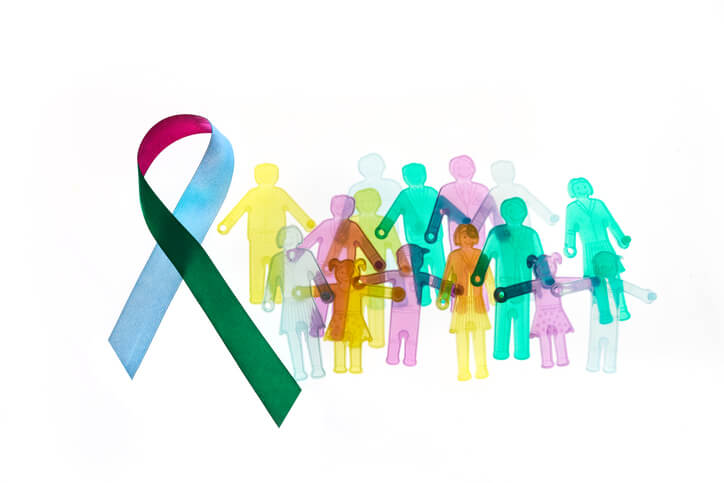Disability Attorney
In the realm of Social Security disability benefits, individuals facing the challenges of rare diseases encounter a unique set of hurdles. Unlike more common ailments, rare diseases often lack widespread understating and recognition, making it essential for those affected to seek specialized legal assistance when pursuing benefits. Here, we will explore the special considerations for Social Security disability benefits concerning rare diseases and how a dedicated law firm can provide invaluable support.
Social Security Disability for Rare Diseases: Special Considerations
Rare diseases, also known as orphan diseases, affect a small percentage of the population. These conditions are often genetic in nature and can manifest in various ways, presenting complex challenges for both patients and the healthcare system. Individuals grappling with rare diseases may find it particularly challenging to navigate the intricate process of obtaining Social Security disability benefits.
One of the primary hurdles individuals with rare diseases face is the limited documentation available to support their disability claims. Unlike more common conditions, rare diseases may lack established diagnostic criteria, making it crucial to compile comprehensive medical evidence. A specialized law firm familiar with the intricacies of rare diseases can assist in gathering relevant medical records, test results, and expert opinions to strengthen the disability claim.
Establishing disability is a fundamental requirement for obtaining Social Security disability benefits. However, individuals with rare diseases often encounter skepticism from adjudicators unfamiliar with the intricacies of their condition. A skilled Social Security benefits attorney can help articulate the specific functional limitations imposed by the rare disease, illustrating how these limitations hinder the individual’s ability to work and perform daily activities.
Also, given the rarity of these diseases, there is often a lack of understanding among those who make decisions regarding Social Security benefits. A knowledgeable disability attorney can play a vital role in educating decision-makers and adjudicators about the unique challenges posed by rare diseases. By presenting well-researched medical evidence and expert opinions, your legal counsel can bridge the knowledge gap and increase the likelihood of a successful disability claim.
There are nuances of rare conditions that make navigating the complexities of the Social Security benefits system even more difficult than usual. It can be frustrating when you end up with your initial claim being denied, but not that the rate of denial on initial claims is quite high, and many find more success on the various levels of appeal available throughout the claims process. The appeals stage is critical, and having experienced legal representation can significantly enhance your chances of success. Furthermore, dedicated legal counsel can offer you ongoing support, keeping abreast of any challenges in your medical condition and adjusting legal strategies accordingly.
Contact Our Disability Attorneys Today
Securing Social Security disability benefits for individuals with rare diseases requires a nuanced and specialized approach. The experienced team at Disability Advocates will be your beacon of support, helping you overcome documentation challenges, proving disability, and navigating the intricacies of the Social Security system. Contact us today.


